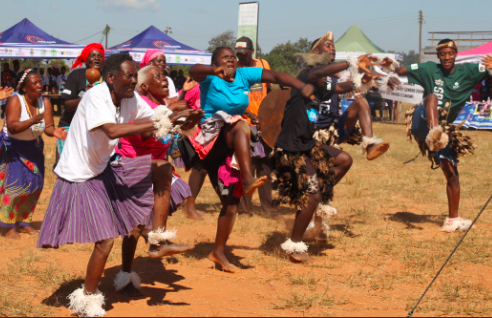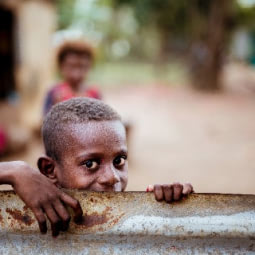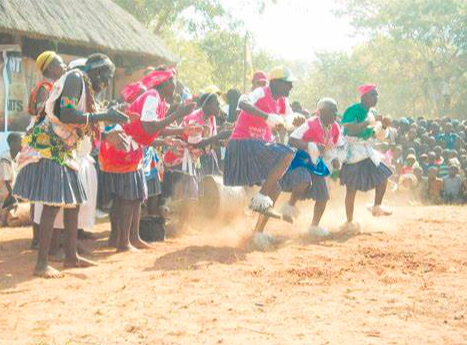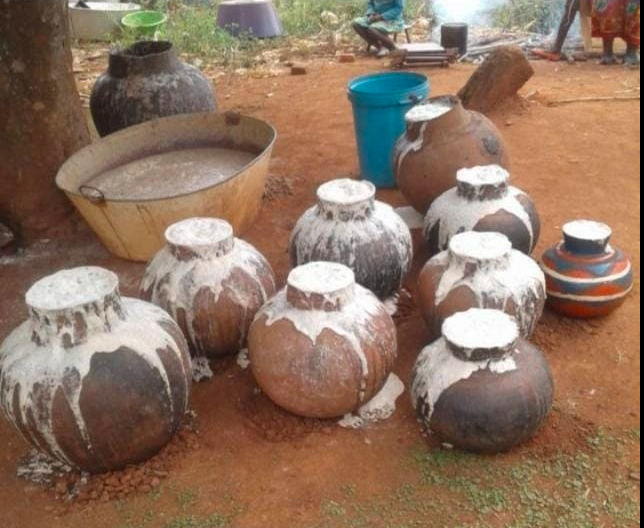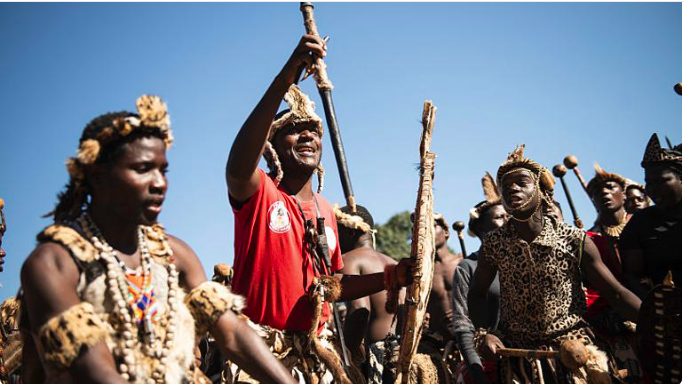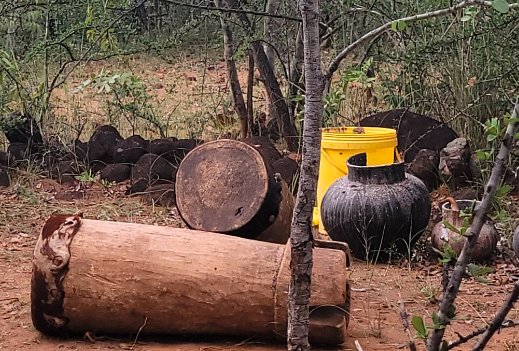Embracing the Heartbeat of a Nation: How Art and Culture Empower the Ndau Tribe in Chipinge and Chimanimani
Scholars and individuals universally acknowledge the profound significance of culture within societies. It is widely recognized that the preservation, transmission, and documentation of a people’s values, customs, and language are paramount, as they provide subsequent generations with a sense of identity, heritage, and ancestral origins. In the southeastern regions of Zimbabwe, nestled in the mountains of Chipinge and Chimanimani, lies a vibrant community of the Ndau tribe. This indigenous group has a rich cultural heritage, passed down through generations, which is a vital part of Zimbabwe’s national identity. For a special feel of Ndau culture, one should visit the Paiyapo Arts and Heritage Training Centre in the Bangira area under Chief Musikavanhu in Ward 17.
The Ndau tribe has a unique cultural identity, shaped by their history, traditions, and connection to the land. Their art, music, and dance are an integral part of their cultural expression, and play a vital role in preserving their heritage. By supporting the development of art and culture in Chipinge and Chimanimani, the government can help maintain the Ndau tribe’s cultural identity, ensuring that it is not lost to future generations. Art and culture can also play a significant role in promoting sustainable development in Chipinge and Chimanimani. By supporting local artists and cultural initiatives, the government can help stimulate economic growth, create jobs, and promote tourism in the region. This can help reduce poverty and improve living standards, while also showcasing the beauty and richness of Zimbabwe’s cultural heritage.
As the country continues to grapple with the impacts of climate change, it is essential to recognize the significance of art and culture in promoting community resilience and sustainable development. The Zimbabwe government should prioritize the support and development of art and culture for the Ndau tribe in Chipinge and Chimanimani. By doing so, the government can help preserve the tribe’s cultural heritage, promote community resilience, stimulate sustainable development, and celebrate the country’s diversity. As the country continues to navigate the challenges of climate change, it is essential to recognize the vital role that art and culture play in promoting community well-being and sustainable
Climate change is having a devastating impact on communities in Zimbabwe, particularly in rural areas like Chipinge and Chimanimani. The loss and damage fund, mentioned earlier, aims to provide support to vulnerable communities affected by climate-related disasters. By embracing art and culture, the government can help promote community resilience, enabling the Ndau tribe to better cope with the impacts of climate change. Art and culture can provide a sense of hope and unity, helping to build stronger, more resilient communities.
Zimbabwe is a country with a diverse cultural heritage, and the Ndau tribe is an integral part of this rich tapestry. By embracing and supporting the art and culture of the Ndau tribe, the government can celebrate the country’s diversity, promoting national unity and social cohesion. This can help break down cultural barriers, fostering greater understanding and appreciation between different communities. UNESCO is engaged in supporting Ndau community radio as a platform for empowering communities in Chipinge District with the necessary infrastructure and resources for effective early warning communication and resilience-building efforts.
Embracing art and culture within the Ndau tribe in Chipinge and Chimanimani can have far-reaching benefits for both the community and the nation as a whole. By recognizing and supporting their cultural heritage, the Zimbabwean government can empower the Ndau people, preserve their traditions, stimulate economic growth, and foster social cohesion. It is essential to prioritize investments in cultural preservation, education, and economic empowerment to ensure a vibrant and sustainable future for the Ndau tribe and its invaluable contributions to Zimbabwe’s diverse cultural tapestry.
A few initiatives are currently being implemented to preserve culture. Gaza Primary school is actively involved in a project titled “Safeguarding the Intangible Cultural Heritage in Basic Education in Namibia and Zimbabwe” being spearheaded by UNESCO. This noteworthy initiative seeks to incorporate indigenous knowledge pertaining to foodways and various other indigenous practices into the school curriculum. The primary objective of the project is to facilitate the intergenerational transmission of invaluable cultural heritage within the educational system. By integrating these traditions and practices into the school curriculum, the project aims to enhance the seamless flow of ideas and knowledge between different generations, ensuring the preservation and continued appreciation of Namibian and Zimbabwean cultural heritage
Embracing art and culture within the Ndau tribe in Chipinge and Chimanimani holds the potential to empower the community, drive sustainable development, and foster resilience in the face of climate change. By recognizing and supporting their cultural heritage, the Zimbabwean government can pave the way for a vibrant and sustainable future for the Ndau tribe, ensuring their invaluable contributions continue to enrich the nation’s diverse cultural tapestry.

